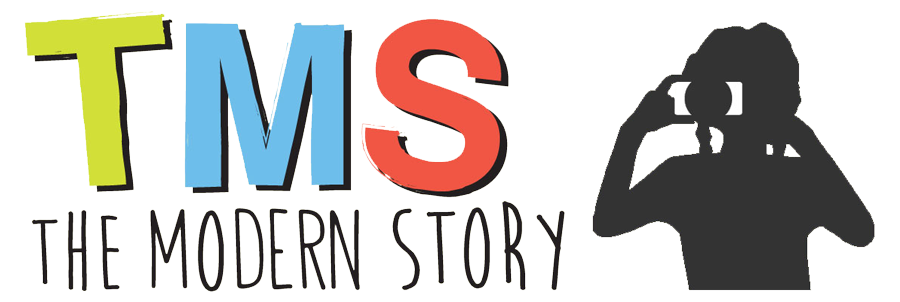Students Against Corruption
One of the things I learned during this fellowship was to meet a class where it’s at and proceed keeping this in mind. I was already trying to practice this philosophy with individual students, but it took a little while for me to grasp that it is also true when working with groups. The same exercise doesn’t work the same way in different classes. What is stretching for one class might be easy for another. The way you measure progress and growth is different. The boys at Model Aliya repeatedly demonstrated their storytelling skill to me and inspired confidence that they were capable of addressing some tough issues. We had some very interesting discussions in our class, on everything from skin colour to marriage to police violence. It helped a lot that I could understand Hindi, of course. I regretted that my Telugu was too limited to have these kinds of conversations at my other school. But it was not just about language. The boys in this class were enthusiastic about discussion and open to sharing their opinions, especially when posed questions that they could comprehend. Coming prepared with simple but thought provoking questions was key to this process, but the students were also willing to share and put themselves and their thoughts forward, which really helped.
For their second project, the boys chose to address bribery and corruption as important community issues. The topic was huge, but students’ ideas for stories neatly split into different levels. From mundane, daily-life activities to the larger scale abuse of power in public services, institutions, and leadership. This class had a lot of natural actors and some very focused directors who took their roles seriously and thought carefully about the best way of telling their story through video. They filmed so many scenarios that a lot had to be left out of the final video to keep it a decent length! I was very impressed by the details they included – the offer of chai after a bribe is paid, the swift checking of the watch to say “time’s up, you’ll have to pay” – and it struck me that these are things students may have observed first-hand. The research section of their video focuses on the impact of this problem on poor families and the statistics are disturbing. When one group told me their idea for a story on hospital corruption, I initially wondered whether it was too far-fetched but dismissed my doubts after learning about some real-life cases. When it came to proposing steps for addressing the problem, the boys had no trouble coming up with ideas. The final video truly demonstrates their creativity and intelligence, as well as their burgeoning skills in camerawork and editing.
